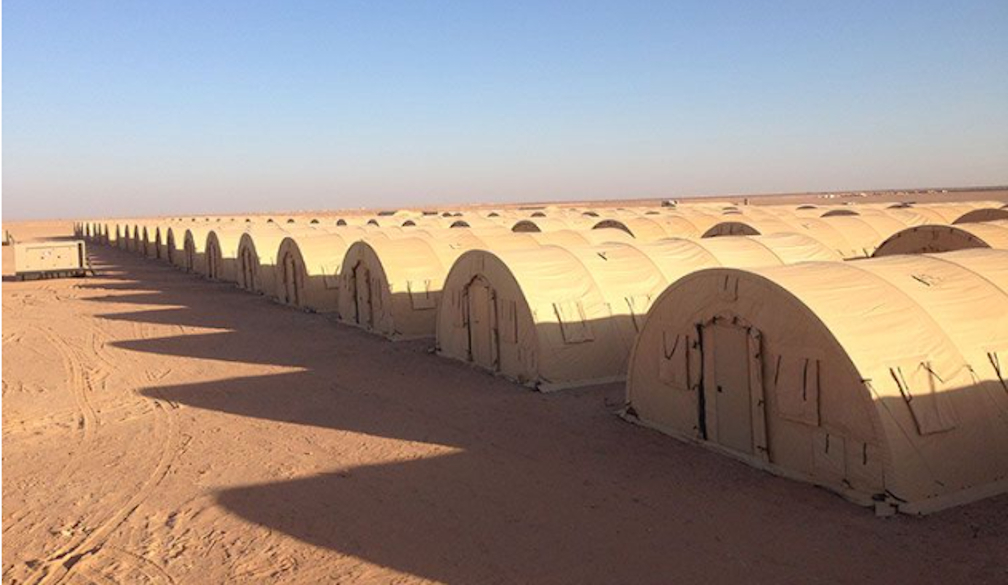The Only Child and the Aging Journey
- Written by Mark Chironna PhD

Now, in what Jung called the afternoon of life, I find myself reflecting on the shape of my journey with a clarity that was impossible in youth. The morning was about ascent—building, striving, proving—but the afternoon invites a different work, one of integration, meaning-making, and, as I have come to embrace, sage-ing while I age. In this season, I am drawn not just to what I have done but to what has shaped me at the deepest levels. And at the heart of that formation is the reality of being an only child. It is not simply a fact of my biography, but a thread woven through my consciousness, shaping how I experience solitude, how I navigate relationships, how I carry both the gift and the weight of standing somewhat apart. Now, more than ever, I see its imprint—not just in what it gave me, but in what it continues to ask of me.
Being an only child meant that solitude wasn’t just an occasional experience but the very structure of my early life. Without siblings to shape the daily push and pull of relationships, I learned to navigate the world with an acute sense of observation, imagination, and self-reliance. But I was not entirely without companionship. My cousins became my surrogate brothers and sisters—our time together a welcome immersion into the energy of shared experience. In their company, I felt what it meant to belong to a group, to be part of something larger than myself. But no matter how much I cherished those moments, they always ended the same way: with me returning home to an empty house, left alone to process the world in the quiet of my own mind.
This rhythm—of immersion and retreat, connection and solitude—became foundational to my consciousness. I learned to adapt, to engage fully in the warmth of relationships while knowing that, ultimately, I would return to my own space, my own thoughts. Over time, I came to see how this dual experience shaped me. It gave me the ability to move between worlds—to be present with others, yet always somewhat apart. I became both participant and observer, always aware of the edges of belonging.
Carl Jung’s concept of the puer aeternus—the eternal child—offers an illuminating framework for understanding this kind of experience. The puer is the one who is always searching, always reaching for what lies just beyond. There is an inherent duality here: the puer can be filled with wonder, creativity, and limitless possibility, but also with restlessness, an inability to be fully anchored. James Hollis expands on this idea, noting that the puer often struggles with the tension between longing and commitment—between the dream of belonging and the reality of it.
For me, this played out in the way I engaged with people and ideas. I was always reaching toward meaning, drawn to deep conversations, philosophical questions, the unseen dimensions of life. My solitude fostered that, allowing space for reflection and insight. But it also left me with an ongoing negotiation between intimacy and detachment. I could be deeply connected in the moment, yet always aware that I would eventually step back into solitude.
Hollis suggests that the maturation of the puer aeternusis not about abandoning the childlike desire for exploration but about integrating it with a grounded sense of self. It is about finding a way to inhabit life fully—not just as a seeker, but as one who can commit to presence, to relationships, to the weight of real engagement. The challenge is not to silence the restless longing but to let it evolve into something richer—something that moves beyond perpetual seeking into a deeper, more conscious choosing.
Being an only child shaped me in ways I am still coming to understand. It gave me an internal world rich with imagination, an ability to see beneath the surface, a comfort with solitude. But it also set me on a lifelong path of seeking—both connection and meaning, both depth and belonging. And perhaps that is the task of the puer after all: not to escape the tension between solitude and relationship, but to learn how to live fully in both.
Mark J. Chironna, PhD.

Dr. Mark Chironna is a public scholar, executive and personal coach, and thought leader with five decades of experience in leadership development, cultural analysis, and future-focused strategies. With advanced degrees in Psychology, Applied Semiotics and Futures Studies, and Theology, he brings a unique interdisciplinary approach to helping individuals and organizations navigate complexity, unlock potential, and craft innovative solutions.
As a Board Certified Coach with over 30,000 hours of experience, he empowers leaders and teams to thrive through resilience, foresight, and actionable strategies. Passionate about human flourishing, he integrates psychological insight and cultural trends to inspire growth and transformation.











